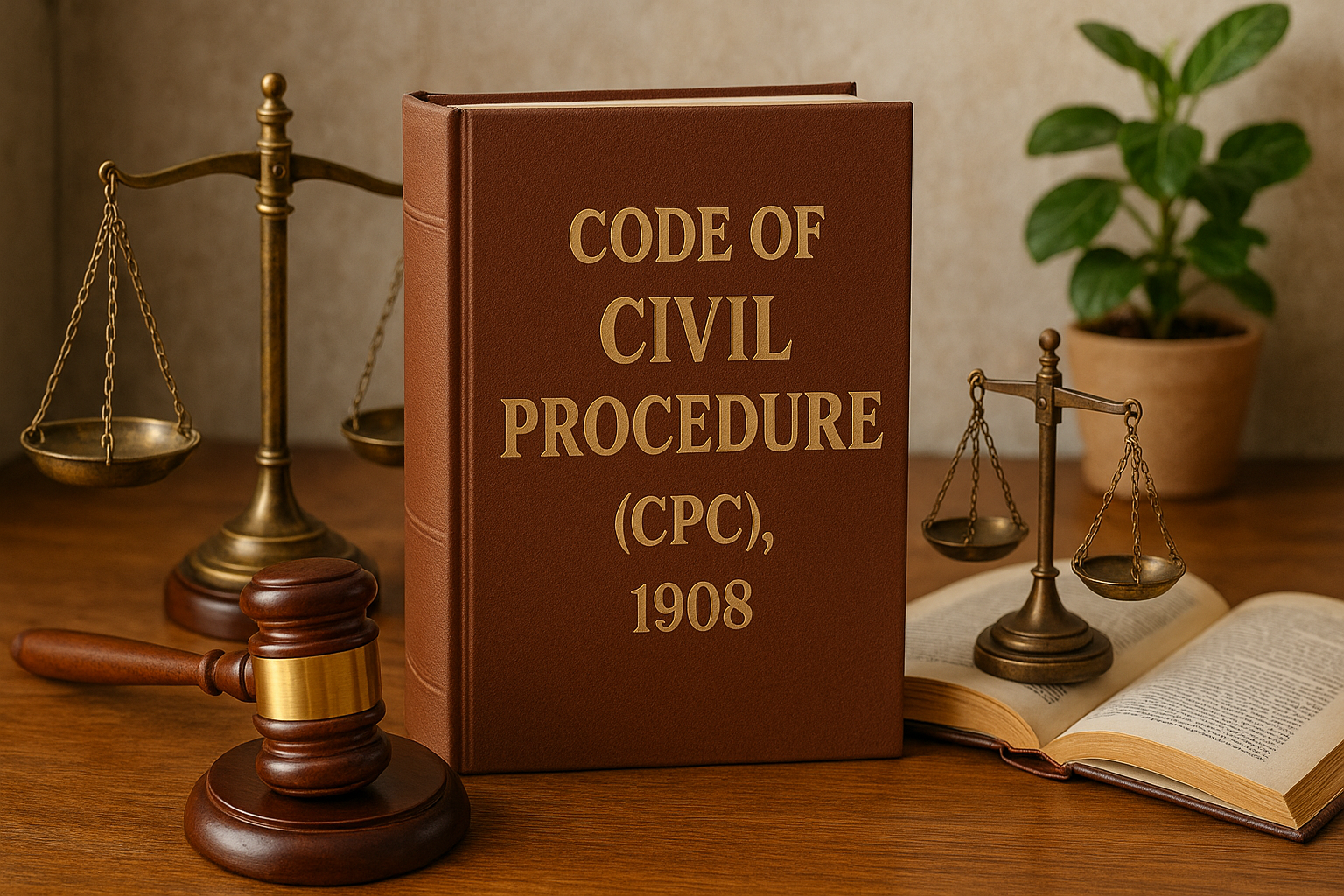What is ADR?
Alternative Dispute Resolution (ADR) refers to non-judicial methods of resolving disputes, where parties settle their issues outside the courtroom with the help of neutral facilitators.
ADR mechanisms are faster, cost-effective, and help reduce the burden on courts.
Legal Basis: Section 89 of CPC
Section 89 CPC mandates that if the court believes that a dispute can be settled outside court, it shall refer the parties to one of the ADR methods.
Introduced through the 2002 Amendment to promote amicable dispute resolution.
ADR Methods Recognized Under CPC
| ADR Method | Who Facilitates It? | Key Features |
|---|---|---|
| Arbitration | Arbitrator(s) chosen by parties | Binding, quasi-judicial, governed by Arbitration Act |
| Conciliation | Conciliator helps parties negotiate | Informal, non-binding unless settlement reached |
| Mediation | Neutral mediator guides discussion | Voluntary, confidential, focuses on mutual agreement |
| Judicial Settlement | Referred to another judge | Functions like a mediator; binding if settlement is reached |
| Lok Adalat | Conducted under Legal Services Authority | Statutory, settlement has force of a civil court decree |
Section 89: Step-by-Step Process
-
Court identifies possibility of settlement
-
Parties are referred to ADR (under Section 89 + Order X Rule 1A)
-
ADR process conducted by neutral forum
-
Settlement reached?
-
Yes → Court records it as decree
-
No → Case resumes in regular court
-
Objectives of ADR Under CPC
-
To ensure speedy justice
-
To promote out-of-court settlements
-
To reduce pendency of civil suits
-
To maintain relationships between parties (especially in family or business disputes)
Order X Rule 1A, 1B, 1C – Procedural Guidance
| Rule | Description |
|---|---|
| Rule 1A | Court shall direct parties to opt for ADR after hearing |
| Rule 1B | Parties appear before ADR forum/counseling center |
| Rule 1C | If ADR fails, court resumes the trial |
When Can ADR Be Used?
Civil suits involving:
-
Contracts and commercial disputes
-
Matrimonial or family issues
-
Partition and property disputes
-
Banking, insurance, and service-related matters
Not suitable where:
-
Dispute involves criminal liability
-
Cases requiring urgent injunctions
-
Issues of public interest or constitutional interpretation

